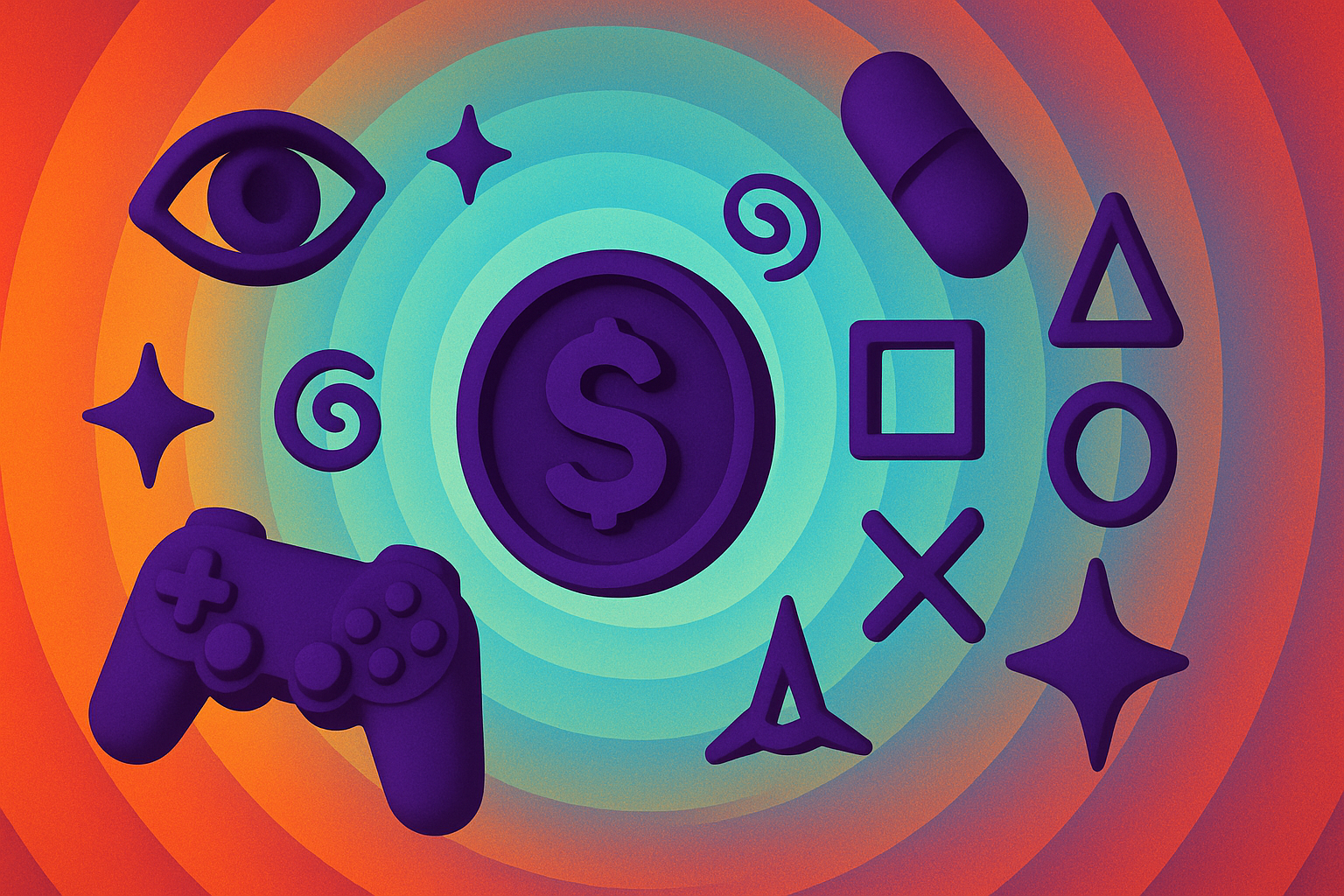In a reversal of events that captured the attention of media and public, Martin Shkreli, former CEO of Turing Pharmaceuticals, was ordered by a judge to surrender his precious copy of the legendary Wu-Tang Clan’s album “Once Upon a Time in Shaolin”. This decision not only has legal implications for Shkreli, but it also raises questions about intellectual property and the value of works of art in the modern world.
The Context of the Case
Martin Shkreli, often dubbed the “most hated guy in America”, has become famous for raising the price of a vital medicine, Daraprim, to exorbitant levels. In 2017, he was convicted of fraud and sentenced to seven years in prison. During this court proceeding, it was revealed that Shkreli had acquired a unique copy of the Wu-Tang Clan album, which had been sold at auction in 2015 for $2 million. This controversial acquisition made him even more controversial, both for his pharmaceutical activities and for his possession of a rare cultural property.
The Implications of the Court Decision
The judge’s decision to force Shkreli to give up his copy of the Wu-Tang album has implications far beyond this particular case. It highlights the challenges of intellectual property and the value of works of art in a judicial system. The question arises: how far can one go to recover funds in the context of bankruptcy or fraud? Could the sale of a unique work of art, like this album, really offset the financial losses of Shkreli’s creditors? In addition, this case raises concerns about how artists and creators can protect their works.










